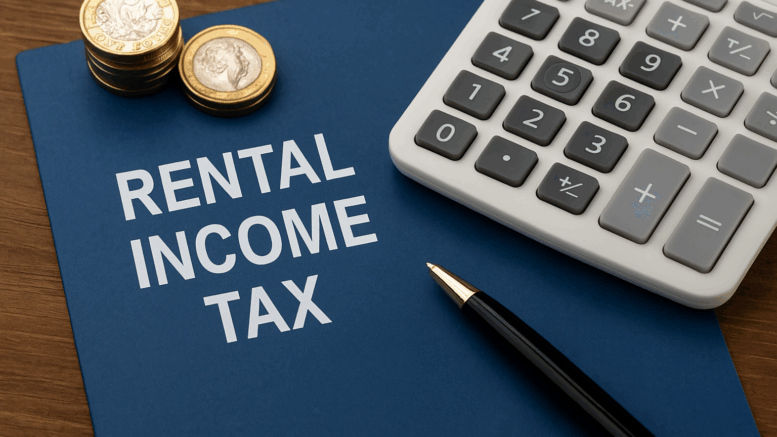Landlords are bracing for higher costs after the Autumn Budget confirmed increases to property income tax, surcharges on homes above £2 million, and no relief on Stamp Duty thresholds. The decisions – which take effect gradually from 2027 – have fuelled concerns that smaller landlords may exit the sector, tightening already limited rental supply and pushing rents higher.
Higher property taxation reshapes buy-to-let profitability
The Budget confirms a 2 percent rise in income tax applied to rental earnings. That means basic rate taxpayers will pay 22 percent, higher rate landlords 42 percent, and additional rate taxpayers 47 percent. There will also be a new annual surcharge on properties valued over £2 million, taking effect from 2028.
The Treasury framed the policy as fairness, arguing landlords don’t currently pay National Insurance on rental income. But the sector reaction has been markedly different.
Sarah Coles, head of personal finance at Hargreaves Lansdown, put it bluntly:
“Property investment has always come with a painful tax bill. This announcement intensifies it.”
For many landlords already managing higher mortgage costs, compliance under the Renter’s Rights Act and energy upgrade pressures, tax rises come at a difficult moment. In London and the South East – where £2 million-plus homes are concentrated – the surcharge resembles a mansion tax in operational effect.
Islay Robinson, CEO of Enness Global, said the repeated targeting of wealthier buyers “adds further pressure to a part of the market that already carries a disproportionate share of the burden.”
UK rent growth outlook: fewer landlords, tighter supply
Separate OBR tables – not prominently mentioned in the Chancellor’s speech – confirm further increases in taxes on property income, savings and dividends over the forecast period. For smaller landlords operating outside company structures, this reduces net returns at a time when margins are already thinner than they were a decade ago.
Inventory Base operations director Sián Hemming-Metcalfe warned the changes risk accelerating landlord exits:
“Smaller individual landlords are already working through one of the biggest operational shifts the sector has seen in years. They tend to act conservatively when the rules keep shifting, and they are often the first to reduce investment or withdraw from the sector entirely.”
Renters are unlikely to welcome the shift either. Recent ONS rental market data shows the average UK tenant is already spending over £87 more per month compared to last year. With fewer rental homes available – and no sign of large-scale institutional supply stepping in to replace private stock – the changes could drive rents higher through 2026 and beyond.
Policy clarity, planning reform and Stamp Duty disappointment
The Budget reiterated long-term planning reform, although delivery remains uncertain. Industry sentiment is sceptical after decades of failed housing targets. As Adam Day at eXp UK put it:
“Time and time again we have heard recycled rhetoric about boosting housing supply and time and time again we have watched successive governments fall well short.”
Meanwhile, expectations of Stamp Duty reform were dashed. Many agents reported stalled buyer activity in the run-up to the Budget, with purchasers waiting to see if relief would materialise.
Damien Jefferies of Jefferies London described the government’s stance as “a missed opportunity to support mobility in a cautious market.”
CGT on main residences also remains untouched – welcome clarity after months of speculation that froze sales progression at the higher end of the market.
Editor’s view
Landlords are again footing the bill for a government strategy that prioritises headline revenue over long-term housing stability. Increasing taxes on a shrinking landlord base won’t magically expand stock or improve housing access – it risks the reverse. The private rented sector remains fundamentally strong, but confidence relies on stability.
Author: Editorial team – UK landlord and buy-to-let news, policy, and finance
Published: 26 November 2025
Sources: HM Treasury Autumn Budget 2025, OBR economic tables, Inventory Base, Hargreaves Lansdown, Enness Global, ONS rental data, NRLA commentary.
Related reading: Landlords brace for potential Budget tax changes as retrofit debate grows








